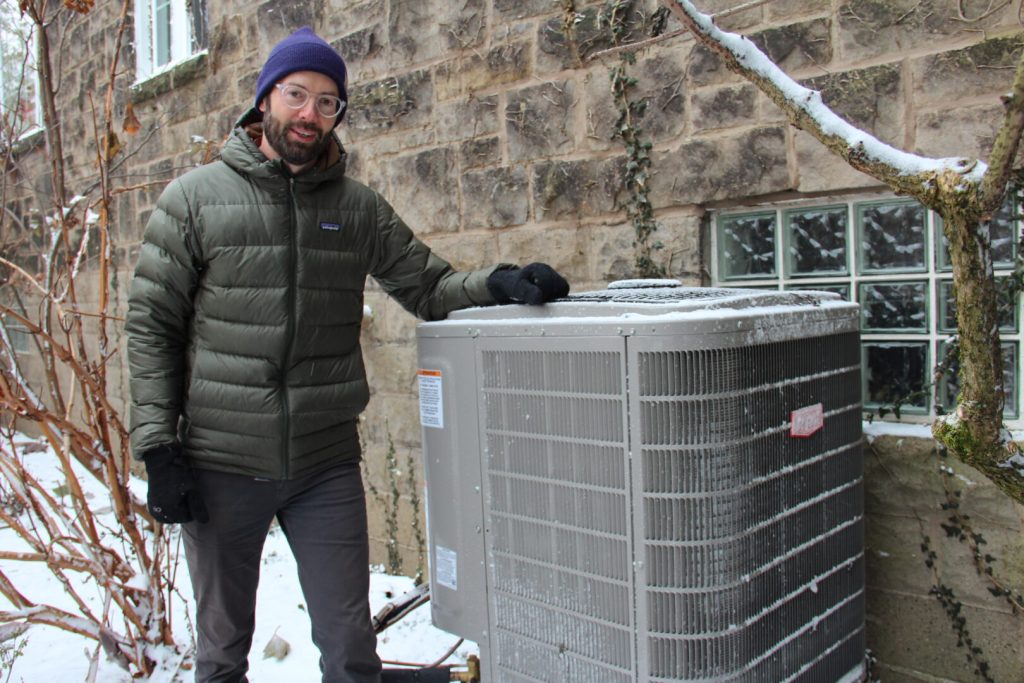Transforming business efficiency in today’s complex and competitive marketplace requires leveraging advanced supply chain solutions that streamline operations, reduce costs, and enhance overall productivity. Excel3PL stands out as a critical partner in this transformation, offering specialized expertise in third-party logistics 3PL that empowers businesses to optimize their supply chain processes. By integrating Excel3PL’s deep industry knowledge and innovative logistics strategies, companies can unlock new levels of operational efficiency, agility, and scalability. One of the primary ways Excel3PL enhances business efficiency is through comprehensive supply chain management that simplifies the often complicated flow of goods from manufacturers to end consumers. Their expertise in warehousing, inventory management, and transportation coordination ensures that businesses maintain optimal stock levels, reduce lead times, and improve order accuracy.

This meticulous approach not only minimizes costly errors and delays but also fosters stronger customer satisfaction through reliable, timely deliveries.Excel3PL’s technology-driven solutions play a vital role in transforming traditional supply chains into dynamic, data-driven ecosystems. Utilizing advanced warehouse management systems WMS, real-time tracking, and automated reporting tools; Excel3PL provides businesses with unparalleled visibility into their inventory and shipment statuses. This transparency allows for more informed decision-making, quicker responses to disruptions, and enhanced forecasting capabilities. As a result, companies can better align supply with demand, reduce waste, and improve cash flow management. Moreover, Excel3PL scalable service offerings enable businesses to adapt to changing market conditions without the burden of large capital investments or fixed operational costs. Whether a company experiences seasonal demand spikes or rapid growth, Excel3PL’s flexible logistics solutions can accommodate these shifts efficiently. This scalability ensures that businesses remain agile and competitive, avoiding the pitfalls of overextension or underutilization of resources.
By outsourcing logistics functions to a trusted 3PL partner like Excel3PL, businesses can also focus more intensely on their core competencies, such as product development, marketing, and customer service. This shift in focus allows for better resource allocation internally while benefiting from the specialized knowledge and operational excellence of logistics experts. The result is a more streamlined organization where each department functions at its highest potential.Excel3PL also emphasizes sustainability and cost efficiency within its supply chain strategies. Through optimized route planning, energy-efficient warehousing, and waste reduction initiatives, the company helps businesses lower their environmental footprint while simultaneously cutting operational expenses. These sustainable practices not only meet the growing consumer demand for responsible business operations but also contribute to long-term profitability. Additionally, the expertise Excel3PL brings in compliance and risk management safeguards businesses from regulatory pitfalls and unexpected disruptions.



